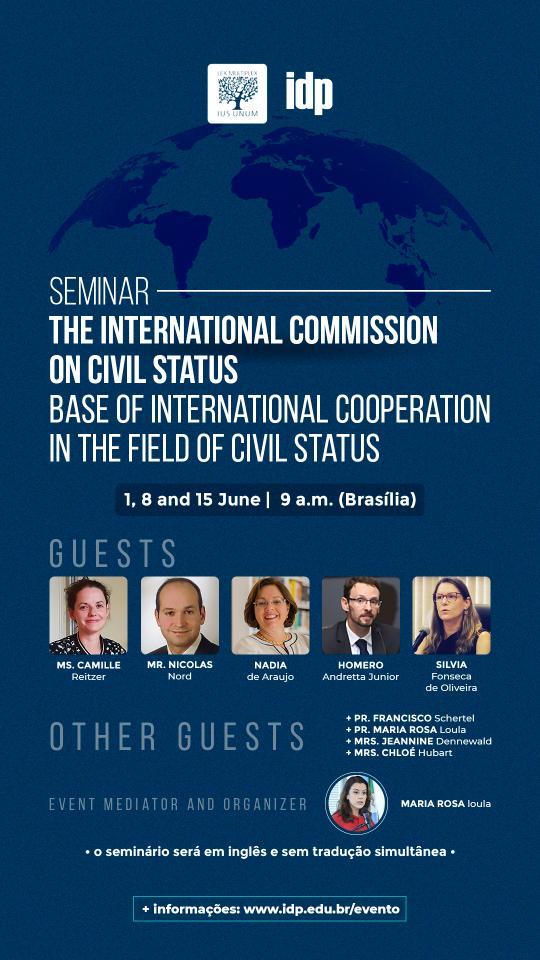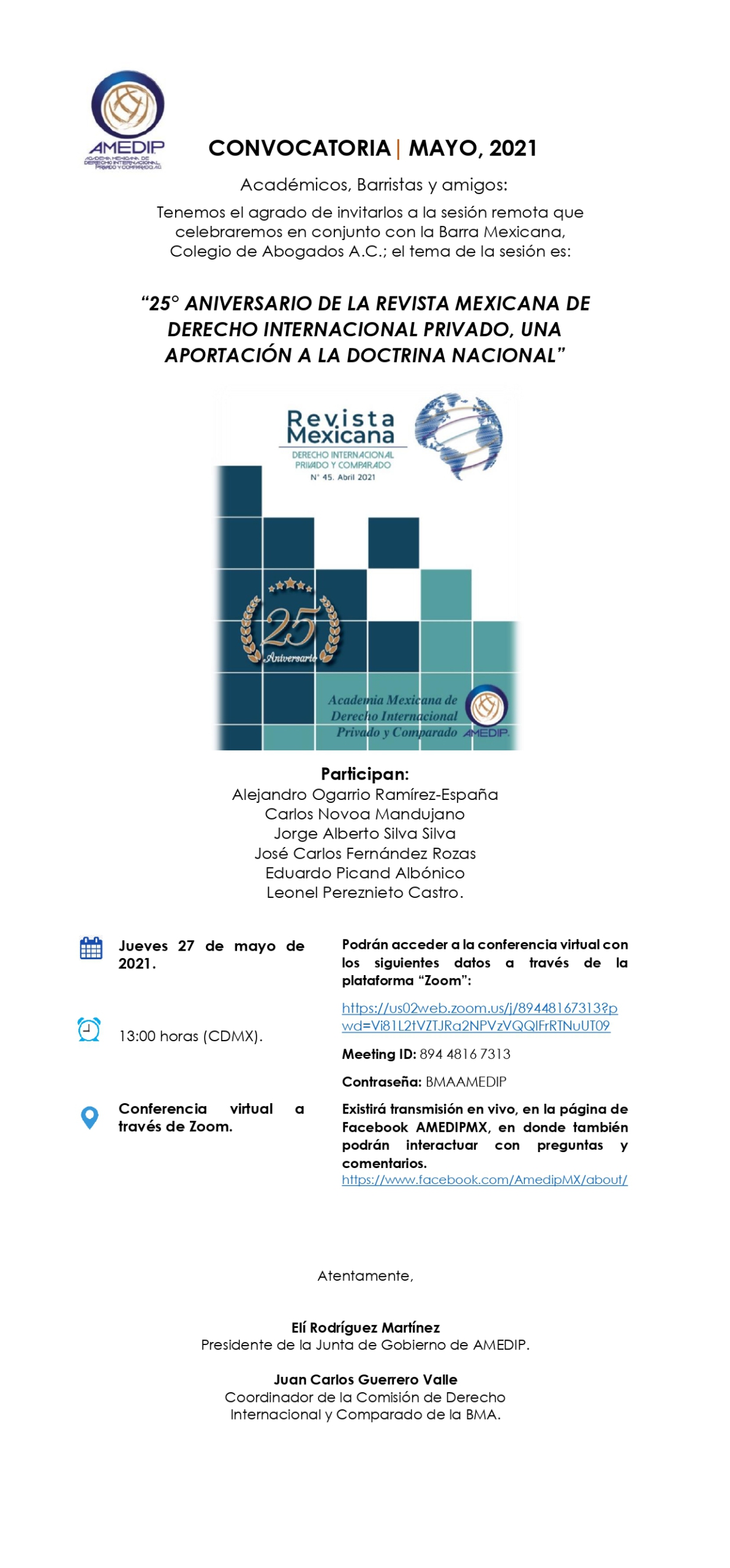written by Nicolás Zambrana-Tévar LLM(LSE) PhD(Navarra), Associate Professor KIMEP University (Kazakhstan), n.zambrana@kimep.kz
Some months ago I commented here about an interlocutory ruling of September 2019, issued by the First Instance Court of Palma de Mallorca (Spain). The ruling stayed proceedings commenced by Central Santa Lucía L.C., a US corporation, against Meliá Hotels International S.A., on grounds of sovereign immunity. The court ruled that although the defendant was a Spanish legal entity, the basis of the claim entirely depended on a declaration that the nationalization of the land formerly owned by the claimants’ predecessors in Cuba had been contrary to international law.
In March 2020, the Court of Appeal of Mallorca overturned the abovementioned interlocutory ruling and established the jurisdiction and competence of Spanish courts. The Court of Appeal found that the Cuban state was not a defendant in the proceedings, and neither was Gaviota S.A., a Cuban corporation owned by the Cuban state and the current owner of the expropriated land. Although the Court of Appeal admitted that any right to compensation for the allegedly illicit or unjustified enrichment of Meliá Hotels depended upon the illegality of the nationalization program introduced by Cuban Law 890 of 13 October 1960, the fact remained that the only defendant in the proceedings was a non-sovereign legal entity incorporated in Spain. Meliá Hotels argued that under the UN Convention on Jurisdictional Immunities of States and Their Property of 2004 it was not necessary that the claim be addressed to a foreign state; it was enough that the proceedings were meant to harm the interests, rights or activities of the foreign state. The Court of Appeal was not convinced and insisted that under Spanish Organic Law 16/2015 it was necessary that the proceedings had commenced against a foreign state or that measures had been requested against the property of the foreign state, in enforcement proceedings.
The Court of Appeal discussed several past rulings where Spanish courts had had an opportunity to deal with the effects of the nationalizations which followed the Cuban revolution of 1959. From this series of cases arises the doctrine that even where Spain and Cuba had entered into a lump sum agreement in 1986, whereby Cuba agreed to pay the Spanish Government a fixed amount as compensation for all Spanish nationals affected by the expropriation program, the rights of those Spanish nationals were not extinguished and might be raised again before the present or future Cuban Governments (Supreme Court Ruling of 10 December 2003). Moreover, although Spanish courts could not control the legality of the expropriations, they could indeed assess such legality in so far as it may be necessary to determine their private law effects in Spain (Supreme Court Ruling of 25 September 1992).
The Court of Appeal also disagreed with the Court of First Instance in another respect. The latter had found that, regardless of the issue of sovereign immunity, Spanish courts did not have jurisdiction to hear claims concerning property rights over immovable assets located outside Spain. The Court of Appeal found that EU Regulation (EU) No 1215/2012 (Brussels I) was applicable despite the fact that the asset was situated in Cuba, i.e. outside the territory of the European Union. However, the Court of Appeal found that these proceedings did not have as their object a right in rem in immovable property. Instead, the claimants were exercising a right in personam to obtain monetary compensation. In this regard, the court mentioned that under Article 2 of Regulation (EC) No 864/2007 (Rome II), the concept of damage includes unjust enrichment. Therefore, Spanish courts had jurisdiction as the defendant corporation was domiciled in Spain.
Months afterwards, Meliá Hotels applied for a new stay of the proceedings, alleging that Central Santa Lucía was not the real successor of the original owners of the land in Cuba but an entity exclusively created for the purposes of obtaining compensation for the Cuban expropriations and that the claim was an attempt to circumvent Council Regulation (EC) No 2271/96, a “blocking statute” protecting against the effects of the extra-territorial application of legislation adopted by a third country. That is, Central Santa Lucía was trying to hide what was actually a claim indirectly based upon the Helms–Burton Act and from which the blocking statute was trying to shield European companies. The First Instance Court found that Central Santa Lucía seemed to have commenced proceedings in the US under the abovementioned US statute but that the current litigation in Spain did not derive from those proceedings nor could have any incidence on them. Furthermore, in the Spanish proceedings the Helms-Burton Act would not be applied and would not be taken into account.
Next, Meliá Hotels applied for a mandatory joinder (litisconsorcio pasivo necesario), requesting that the Cuban State be joined to the proceedings. The Court of First Instance ordered the joinder drawing on its own arguments in the earlier ruling where it had established its lack of jurisdiction on the basis of the sovereign immunity of Cuba. The court indicated that Central Santa Lucía claimed that Meliá Hotels had unjustifiably or illegitimately enriched itself by exploiting the expropriated land and that the examination of the illegality of such expropriation necessarily called for the participation of Cuba in the proceedings because any right of the claimants depended upon a declaration of the Spanish courts that the land was being illegitimately held by Cuba or, rather, by Gaviota S.A. It was wrong, the court seemed to say, to analyse the legitimacy of the acquisition of property without listening to the party who had carried out that act of acquisition. It was also impossible to recognize the original property right of Central Santa Lucía, a right which was in opposition to the present property rights of Cuba, without allowing Cuba to be heard in that respect. For these reasons, not only the State of Cuba but Gaviota S.A. had to be brought in as co-defendants with Meliá Hotels.
Finally, the Court of First Instance issued a new interlocutory decision last 3 May, where it established that it had no jurisdiction to hear the claim because now one of the defendants is a foreign sovereign state. The Office of the Prosecutor was also of the same opinion. The Spanish Ministry of Foreign Affairs had also filed a report indicating that the act of nationalization was an act iure imperii and that the Cuban State enjoyed immunity for that reason. However, the ministry added that any contractual relationships between Meliá Hotels and Gaviota S.A. could be the subject matter of civil proceedings in Spain. The Court of First Instance relied much on its own ruling of September 2019 but it also drew on its own mandatory joinder of November 2020, insisting that any decision of the Spanish courts concerning the right of Central Santa Lucía to be compensated by Meliá Hotels would involve analysing the act of acquisition as well as the property rights of the Cuban State and Gaviota S.A. This was the reason why the latter had been joined and were now co-defendants, one of whom – Cuba – was a foreign sovereign which enjoyed immunity from jurisdiction. Since it was impossible to separate the analysis of the jurisdiction of the Spanish court from that of the claim against Meliá Hotels, the proceedings had to be stayed against all parties. Finally, the Court of First Instance mentioned that although Cuba had not made an appearance in the proceedings after being named as a defendant, that could not be interpreted as tacit submission under Spanish law.
The Court of First Instance does not seem to be aware of the “Catch 22” type of decision it has made. On the one hand the claim could not be heard because Central Santa Lucía had not brought Cuba in as a co-defendant. On the other hand, now the Spanish court does not have jurisdiction precisely because Central Santa Lucía has brought a sovereign defendant into the proceedings, further to the mandate of the same court, at the request of the primary defendants.
The Court of First Instance also seems to have given a lot of weight to the fact that if it decided that the nationalization had been illegal, that would have affected the property rights of Cuba over the nationalized land. This is obviously not the case, precisely because Spain does not have any kind of enforcement jurisdiction over property located in Cuba. As the abovementioned Supreme Court ruling of 25 September 1992 indicated, even if Spanish courts cannot control the legality of the Cuban expropriations, they can indeed draw certain consequences from their illegality, provided that those consequences are of a private law nature and are limited to the Spanish territory.
As it was mentioned in my first post, the Spanish Court also seems to have confused immunity from jurisdiction with the act of state doctrine – which has no place in the Spanish legal system –, mentioning once and again that the acts of nationalization of the Cuban State are protected when, in fact, the only one protected is Cuba itself, but this protection is restricted to certain types of acts.
Although this ruling of 3 May may be appealed, the exiled Cubans are running out of options, especially now that two years have elapsed since the Helms-Burton act was activated without much to show for. Title III lawsuits continue to face legal obstacles and conflicting rulings by US courts. The growing body of case law is, nevertheless, clarifying the conditions concerning the right of action of the claimants, which must be based on their standing and on the knowledge that defendants had about the confiscated nature of the property.
Maybe the best option for the Cuban community in the US is not to hope for a full implementation of the Helms-Burton act but to lobby for a lump-sum agreement between Cuba and the US, similar to the agreement between Cuba and Spain of 1986. The diplomatic opening that commenced with President Obama would have been a good start for that but there are doubts that President Biden wants to push forward in the same direction, given the communist island’s poor human rights record. Still, Venezuela, the oil rich and long standing ally of the Castro brothers is now in a state of such turmoil that Cuba may feel the need to make concessions.



 The Hague Conference on Private International Law (HCCH) and the World Intellectual Property Organization (WIPO) have just launched a questionnaire that aims to identify problems of private international law, from jurisdiction to enforcement, relating to disputes involving intellectual property. The questionnaire is adressed to the member states of both organisations and other intergovernmental organisations as well as to individual practitioners, academics and other interested parties. It will inform the future work of both organisations on the intersection between PIL and IP.
The Hague Conference on Private International Law (HCCH) and the World Intellectual Property Organization (WIPO) have just launched a questionnaire that aims to identify problems of private international law, from jurisdiction to enforcement, relating to disputes involving intellectual property. The questionnaire is adressed to the member states of both organisations and other intergovernmental organisations as well as to individual practitioners, academics and other interested parties. It will inform the future work of both organisations on the intersection between PIL and IP.